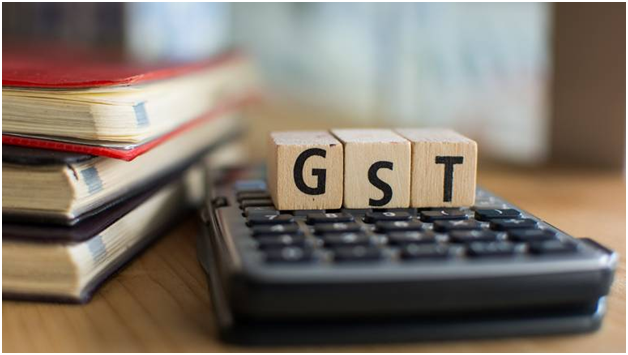The Government of India has raised the GST exemption limit from Rs. 20 Lakh to Rs. 40 Lakh. The new upper limit will be applicable from April 1, 2019. It is a significant step forward towards assisting the growth of micro, small and medium enterprises in India.
More than two million MSMEs in India will be eligible for this tax exemption once they complete the online GST registration process.
Financial experts predict almost Rs. 6,000 Crore impact on annual revenues with this move. The compensation scheme also comes with an increased threshold of Rs. 1.5 Crore as the flat rate for Goods and Services Tax. This significant decision was made to alleviate the MSMEs of the country from tax burdens.
The micro, small and medium enterprises form the backbone of the Indian economy. They contribute to 95% of the total industrial output producing more than 6000 different products. A total of 42.50 million businesses employ more than 106 million people and contribute nearly 25% of the service sector GDP.
The Need for GST Exemption Limit Increase
The increased GST exemption limit will be available for businesses which deal in intra-state trade. Traders and manufacturers will pay taxes at a concessional rate of 1%. There are more than 18 Lakh businesses which have opted for this compensation scheme.
The decision to enact this structure was made to simplify the tax return filing process. Previously, enterprises had to file several returns to comply with rule. The process was both time consuming and expensive.
Online GST registration makes the taxation process both streamlined and transparent. Also, increasing the compensation scheme to Rs. 40 Lakh and flat tax rate to Rs. 1.5 Crore will allow them to bring in more benefits. The higher limit will open a window for these businesses to save more while paying taxes. Today, there are approximately 10.93 Lakh taxpayers who earn revenues below Rs. 20 Lakh yet pay the taxes.
State-Wise Legislation
The increased exempted GST rate will be applicable for all states except certain states like North-Eastern states and Uttarakhand where the threshold is Rs. 10 Lakh. Service providers will fall in under a new composition scheme for Rs. 50 Lakh in annual revenue and 6% tax rate.
As this new scheme does not apply to businesses which do not participate in inter-state transactions, it is less likely to impact enterprises who sell their goods to these states. Businesses which operate within their states can avail such GST benefits and pay taxes, either every month (for regular taxpayers) or every quarter (for composition suppliers). Also, composition taxpayers will not have to maintain detailed records of the transactions.
How to Avail the New Tax Exemption
A company has to complete the online GST registration to avail the benefits of these new tax exemptions. Once registered, the company will receive a unique Goods and Service Tax Identification Number (GSTIN). This GSTIN will be used as a legal identity of a supplier as the taxpayer.
Taxpayers should have a complete idea of how to register for GST online. One can use the dedicated government portal or visit GST Seva Kendra and enroll with the tax scheme. It is mandatory for a business to register with the GSTN (Goods and Service Tax Network) if their annual revenue exceeds Rs. 20 Lakh.
Documents Required for GST Registration
An applicant has to submit the following documents for registration.
- PAN card
- Incorporation certificate or partnership deed (whichever is applicable)
- KYC documents of the applicant like Voter ID, Aadhaar Card, etc.
- Address proof of the business (electricity bill, rent or lease agreement, etc.).
- Bank account statement of a firm or an individual.
MSMEs are likely to benefit significantly with this new tax exemption. Moreover, GST hasn’t impacted the lending market significantly, which allows them to apply for a credit to fund their growth without straining their revenue.
The decision to raise the tax exemption threshold to Rs. 40 Lakh will allow businesses to collect higher revenues. The ease of online GST registration and application for the exemption will make it more accessible to MSMEs all across the country.





